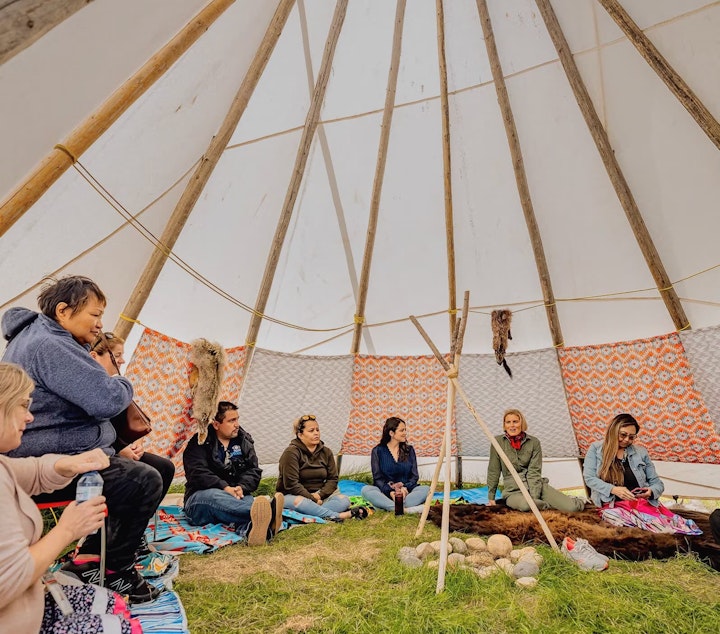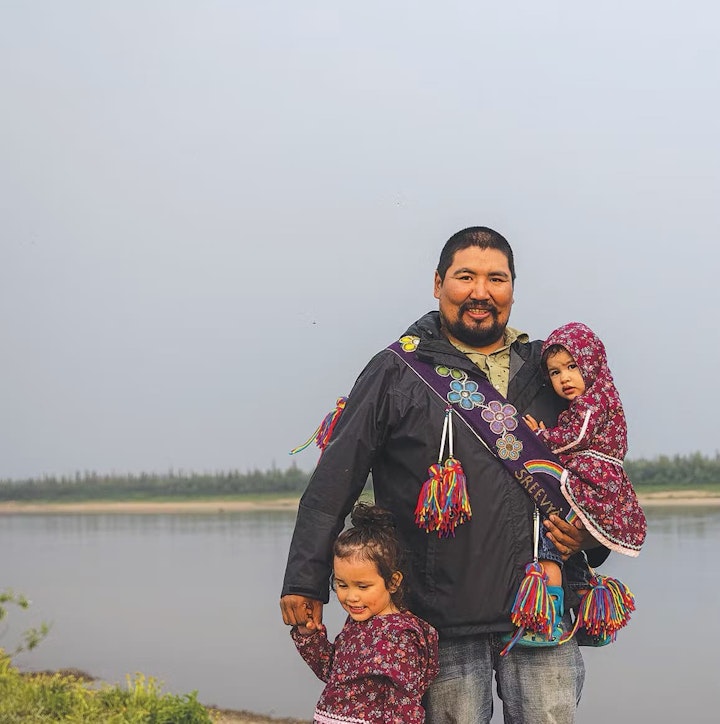Model Schools Literacy Project
The Model Schools Literacy Project supports reading and writing achievement for Kindergarten to Grade 3 Indigenous students, ensuring that they have the necessary means to learn and take pride in their cultural identity, language, and history.
About the Program
It is vital that First Nations, Inuit, and Métis Nation children have access to educational resources and opportunities to learn that support them holistically—not just as students in schools, but as Indigenous People confident in who they are and where they come from. Language literacy in both traditional languages and English is a key element of supporting Indigenous learners. There is a direct correlation between students’ development of strong speaking, and literacy skills before the age of 9 and their overall quality of life as both adolescents and adults.
In order to support English-language literacy for Indigenous students, the MFI developed the Model Schools Literacy Project (MSLP). Since 2010, the MSLP has focused on helping schools foster strong First Nations, Inuit, and Métis students’ English literacy skills by the end of Grade 3. Through this work, the MFI hopes to help Indigenous students develop the tools that they need to grow as lifelong listeners, readers, writers, and speakers in two or more languages, cultures, and ways of knowing.
The Impact
Indigenous children have the right to be proud of their identity and have the literacy skills necessary to pursue unlimited opportunities. With effective teaching in schools that celebrate students’ heritage, culture, and language, Indigenous children excel as students and fewer young children are misidentified as having special needs.
Enhancing a child’s literacy skills in elementary school dramatically strengthens success in high school and beyond.
Our Role
The MFI team works with school staff to implement an evidence-based literacy improvement plan for Kindergarten to Grade 3 classrooms. Resources to support implementation are provided based on the needs in individual schools, and intensive support is in place for four years, followed by two years of sustainability involvement.
Explore MFI’s virtual learning hub called The Training & Resources for Early Education & Schools (TREES) Network. TREES is a space for delivering and accessing culturally appropriate training, professional development, resources, supportive circles and peer mentorship opportunities for Indigenous and non-Indigenous learning professionals working with Indigenous children, students and families.

